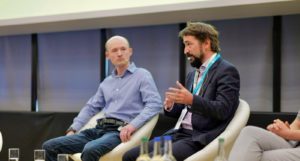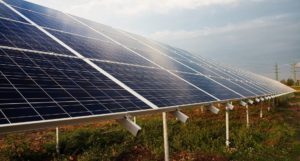Exeter centre enabling switch from diesel engines
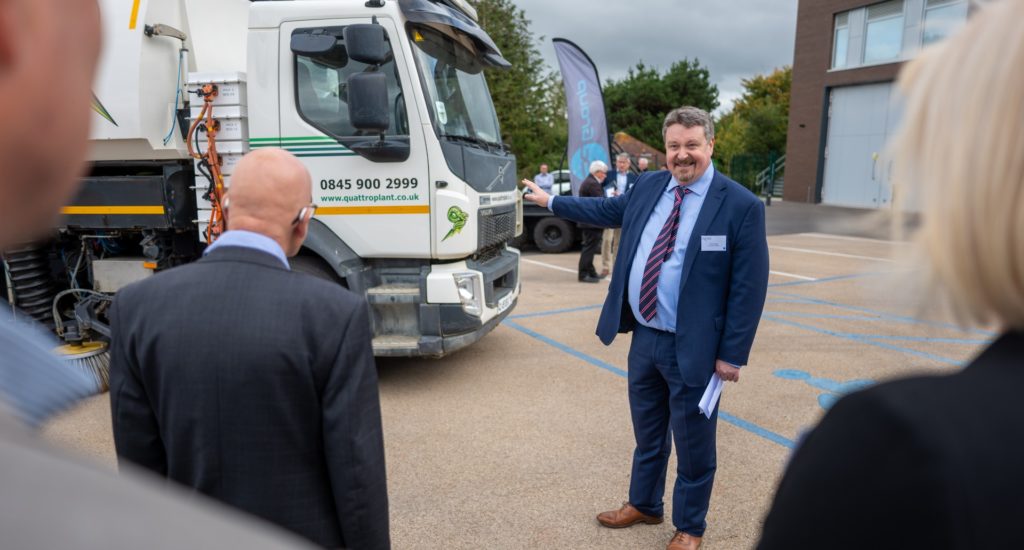
Professor Chris Smith outside the Centre for Future Clean Mobility
University of Exeter engineers are working to replace diesel engines with zero-carbon alternatives on roads, rails and at sea.
While the switch to electric cars is accelerating, a vast range of other vehicles – from trains and off-highway vehicles (eg construction and farming) to ferries and fishing boats – are harder to switch to zero-carbon.
The Centre for Future Clean Mobility is tackling this problem, developing low-emissions power systems for a wide range of vehicles.
Current projects include fitting hydrogen propulsion systems on workboats for OS Energy and developing emissions-free road-rail repair vehicles in partnership with Quattro.
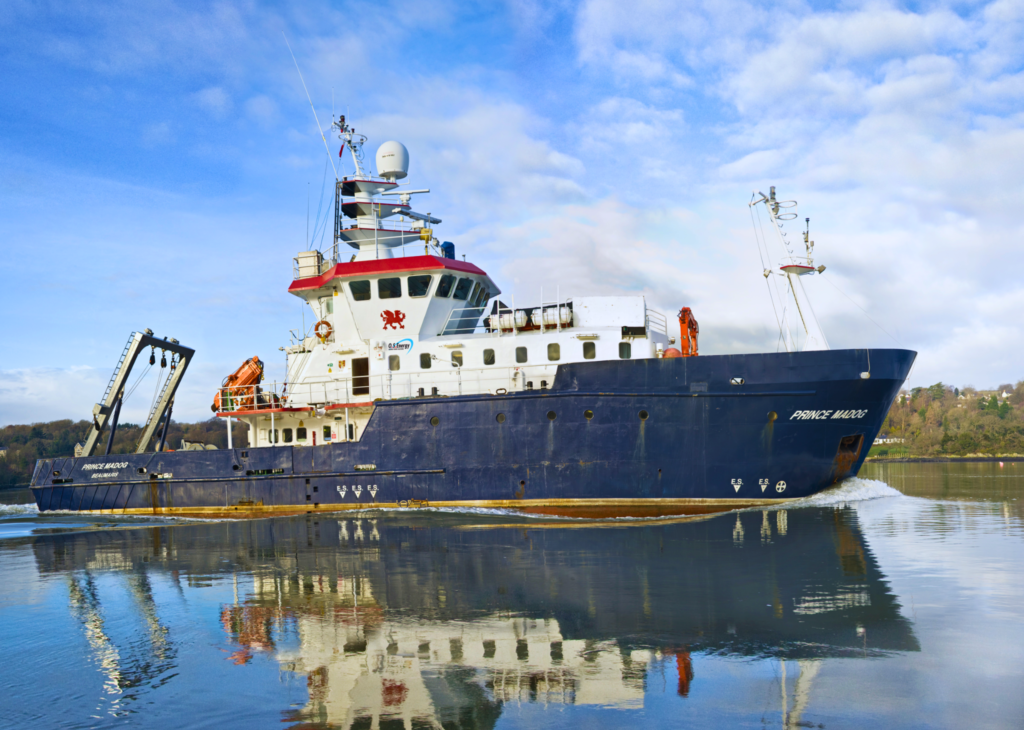
“In cars, the transition to electric is well and truly under way,” said CFCM Director Professor Chris Smith.
“For heavy vehicles, getting off fossil fuels is much harder.
“We’re trying to reach into these hard-to-reach places and get diesel out.”
‘Stuff that works’
Professor Smith continued: “We don’t just produce a report. We work with companies all the way through the process, right up until the engine is fitted and working.
“We’re only interested in supplying stuff that works today and lets people do whatever job they need to do.
“For example, a fishing boat that goes far out to sea needs a reliable engine that keeps going throughout that journey.”
Describing the first test of the new electric-hydrogen road-rail vehicle, which could soon get to work on the UK rail network, Professor Smith said: “You switch on the engine and it’s so quiet.
“The diesel engine roared, but the new motor is almost silent – and it’s also clean, producing no polluting emissions.”
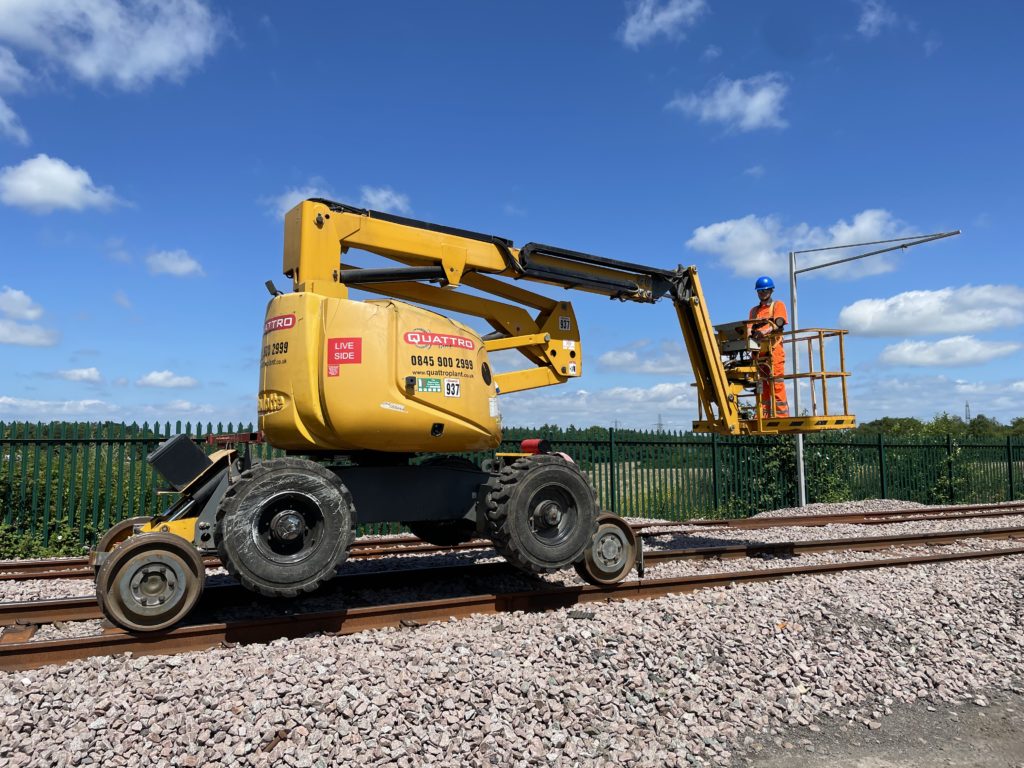
The CFCM team have also built a new zero-emissions “dynamometer” facility, the first of its kind in the UK.
The dynamometer allows the team to design and test powertrain systems without the need to build an entire vehicle.
To find out more and work with CFCM, visit https://futurecleanmobility.com/contact


